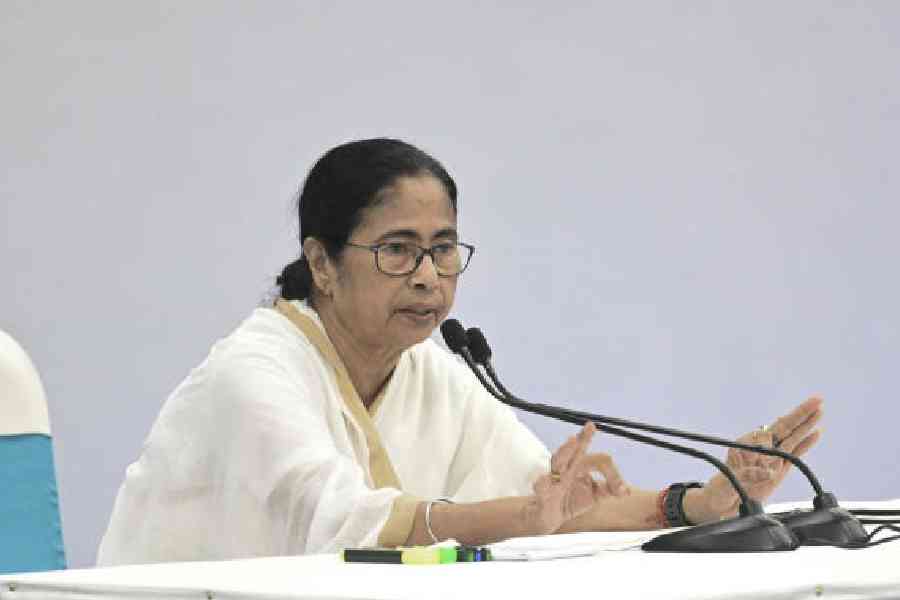Two people-friendly sops announced by the Mamata Banerjee government before and after the Assembly elections of 2021 — reducing prices of motor fuels and a tax break on property registration fees — were rolled back on Monday.
The reversal of the tax break on stamp duty and the circle rate effectively raises the transaction cost to register a property in Bengal by a minimum of 2 per cent.
The prices of petrol and diesel went up by ₹1.01 per litre and ₹1 per litre, respectively, from Monday. After the revision, petrol and diesel are retailing at ₹104.95 a litre and ₹91.96 a litre, respectively, in the state.
While the remission on the stamp duty and the circle rate was announced after the 2021 elections, the token sales tax rebate on petrol and diesel had been offered before the polls.
As a consequence of the stamp duty reversal, a property valued at up to ₹1 crore will now attract 6 per cent stamp duty in urban areas and 5 per cent in panchayat areas. Properties valued at over ₹1 crore will draw an additional 1 per cent stamp duty in both urban and rural areas.
The rebate of 2 per cent on stamp duty and 10 per cent on the circle rate was announced on July 7, 2021, in the full budget. The aim was “to combat the economic slowdown due to the Covid-19 pandemic and provide a stimulus to commercial activities and relief to homebuyers”.
The rebate was extended from time to time, the last extension coming on September 29, 2023. It was effective till June 30, 2024.
“The matter has been reviewed further and considering all aspects, the governor, in the interest of public service, has now been pleased to decide that both the above mentioned schemes for remission of stamp duty and reduction in circle rate shall be discontinued with effect from 01.07.24,” a notice from the finance department at Nabanna read.
According to Knight Frank, an international property consultancy tracking the momentum of residential sale deed property registration, more than 130,000 residential properties were registered between July 2021 and April 30 this year. The real estate sector had hailed the sop as a game changer.
The reduction in the circle rate benefited property buyers as, in many places, the amount was said to be way above the market value and to be a barrier to closing transactions for high-value properties, since they also carried income-tax implications.
While a notification announced the termination of the sops for homebuyers, there was no such announcement on the motor fuels. Through a gazette notification issued on February 22, 2021, the state had introduced a ₹1 rebate on petrol and diesel. This was extended from time to time, the last time on September 29, 2023, till June 30, 2024.
Finance minister Chandrima Bhattacharya told this newspaper on Monday evening that the exemption on petrol and diesel had expired on Sunday and the rebate had not been renewed.
Stamp duty and the registration fee, and the sales tax on petrol and diesel, are two crucial components of Bengal’s tax revenue, apart from excise duty on liquor.
Despite being indirect taxes, none of these had been subsumed under the goods and services tax (GST) that was introduced nationwide from July 1, 2017.
Bengal’s tax revenue collection will receive a fillip with the rollback of the exemptions, unless they are reintroduced later in the fiscal year. The state had earned ₹6,623.43 crore from stamps and registration fees and ₹12,218.18 crore from sales tax in the financial year 2023-24.











